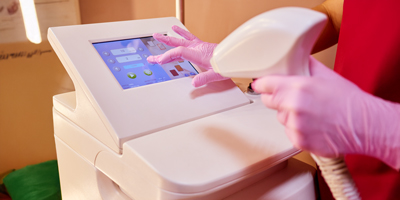You should consult a gynecologist if you are experiencing:
- Heavy or prolonged menstrual bleeding that does not improve with medications
- Severe pelvic pain or pressure that disrupts daily activities
- Recurrent uterine fibroids or large fibroids causing discomfort
- Uterine prolapse (when the uterus slips into or outside the vaginal canal)
- Cancer or precancerous changes in the uterus, cervix, or ovaries
- Endometriosis or adenomyosis not responding to treatment
Seeking timely medical care ensures that alternative treatments are explored first, and hysterectomy is recommended only when absolutely necessary.
You should consult a gynecologist if you are experiencing:
- Heavy or prolonged menstrual bleeding that does not improve with medications
- Severe pelvic pain or pressure that disrupts daily activities
- Recurrent uterine fibroids or large fibroids causing discomfort
- Uterine prolapse (when the uterus slips into or outside the vaginal canal)
- Cancer or precancerous changes in the uterus, cervix, or ovaries
- Endometriosis or adenomyosis not responding to treatment
Seeking timely medical care ensures that alternative treatments are explored first, and hysterectomy is recommended only when absolutely necessary.























